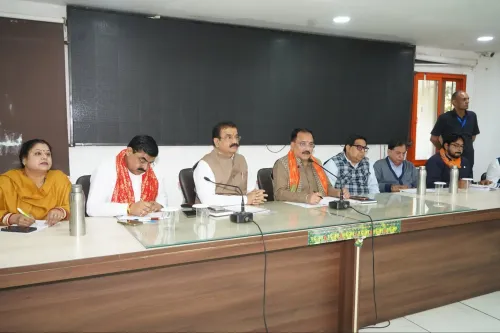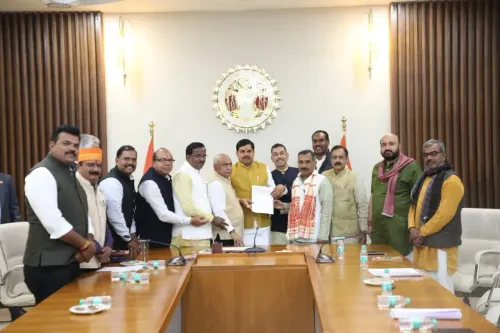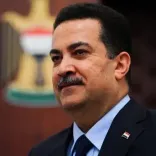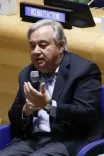Will the Supreme Court Hear Delhi Police's Arguments on the Delhi Riots 'Larger Conspiracy' Case Today?
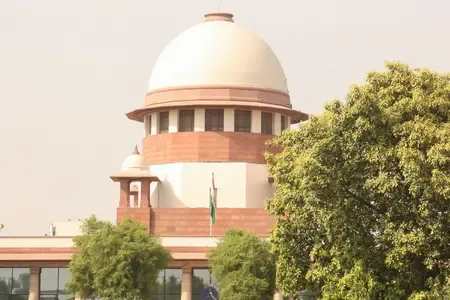
Synopsis
Key Takeaways
- The Supreme Court is deliberating on the bail pleas of several activists implicated in the 2020 Delhi riots.
- Umar Khalid and Sharjeel Imam are identified as primary conspirators in the alleged planning of the riots.
- The case raises significant questions about dissent and human rights in India.
New Delhi, Nov 18 (NationPress) The Supreme Court is set to continue hearings on the bail applications of student leaders Umar Khalid, Sharjeel Imam, Gulfisha Fatima, and other activists implicated in the alleged larger conspiracy behind the 2020 North East Delhi riots.
These individuals are currently incarcerated under the stringent Unlawful Activities (Prevention) Act (UAPA).
According to the causelist published on the Supreme Court's website, a Bench consisting of Justices Aravind Kumar and N.V. Anjaria will review the submissions from the law officers representing the Delhi Police today.
In their opposition to the bail requests of Umar Khalid and Sharjeel Imam, the Delhi Police filed a detailed counter-affidavit, asserting that both student leaders had intentionally and systematically orchestrated the conspiracy that led to the 2020 Delhi riots.
The affidavit included evidence such as chats, witness testimonies, and call logs linking their actions from December 2019 onward, labeling Umar Khalid as a principal conspirator and a mentor to others like Sharjeel Imam, for rallying students, establishing protest networks, and choosing sites for demonstrations that allegedly escalated into violence.
The Delhi Police claimed that the conspiracy was strategically planned to coincide with the official visit of US President Donald Trump to India.
"This was intended to attract the attention of international media and frame the Citizenship Amendment Act (CAA) as a global issue, depicting it as a pogrom against the Muslim community in India. The CAA was deliberately selected to act as a 'radicalising catalyst' disguised as a 'peaceful protest'," the affidavit stated.
Sharjeel Imam was described as a top conspirator under the mentorship of Umar Khalid, having orchestrated the initial phase of the Delhi riots between December 13 and December 20, 2019.
Previously, the Delhi High Court had rejected the bail applications of Sharjeel Imam, Umar Khalid, and several other individuals implicated in this larger conspiracy case related to the 2020 riots.

